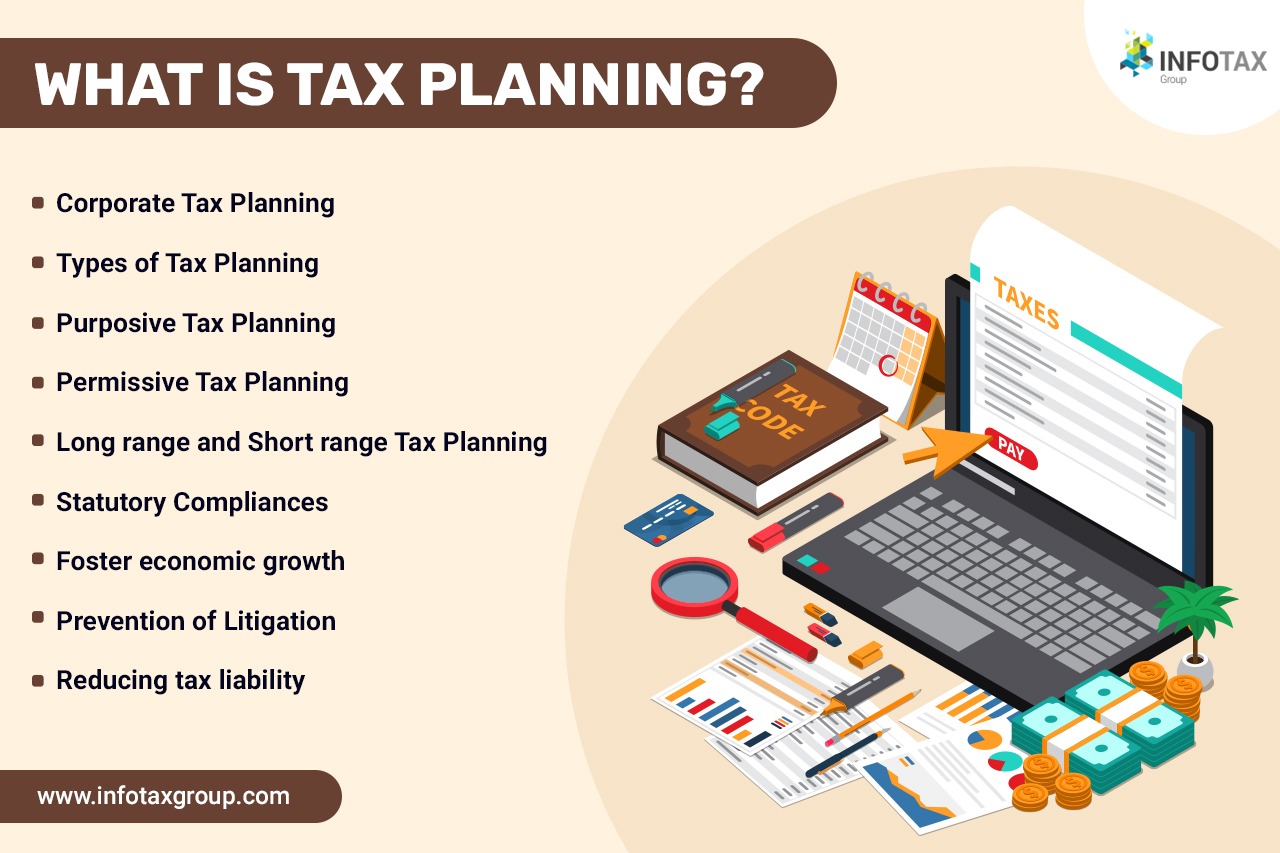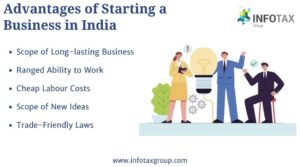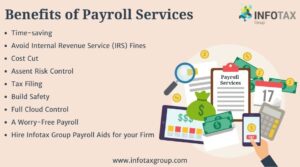The process of evaluating one’s financial condition to reduce tax liability and avail various exemptions, credits, concessions, and deductions by the government is known as Tax planning. As per Section 80C, you are eligible for tax deductions if you have made certain tax investments of up to Rs. 1,50,000 for a certain period. Some of the most popular tax saving instruments are Fixed Deposit, PPF Accounts, National Saving Certificate, LIC, Home loans, Education Loans, and Mutual Funds. Precisely, tax planning is the skill of planning and managing one’s financial matters in such a way that the assessee gets all the benefits of the eligible provisions falling under the framework of taxation laws.
There are several sections in the Income Tax Act 1961, through which an individual can claim deductions, benefits, and exemptions. Amongst them, Section 80C is the most popular investment option offering a plethora of tax saving options through diverse investments. Other common sections include Section 80EE for claiming the exemption for interest on Housing Loan and Section 80D for the Mediclaim premium and Section 80E for Education Loan.
There are several objectives of tax planning. As per the Income Tax Act 1961, different requirements are set by the tax authority of India which is mandatory to oblige to ensure you fall under the legitimate bracket of tax savings. These objectives include-
- Reducing tax liability- The Government has provided ample investment opportunities to its citizen and companies for reducing their tax liability and instead save money and utilize it for other useful ventures and create a safe future.
- Foster economic growth- Tax money is required by the government for carrying out various operations of the country and run the economy smoothly. Besides, the tax money is white money and its circulation in the market is healthy for the growth and development of any country. You must have witnessed how the government is always spreading awareness to encourage its citizens to submit their taxes.
- Productive Investment- One of the main purposes of tax planning is the channelization of taxable income towards various investment plans. The aim is to alleviate the tax burden of an assessee from tax liabilities and encourage him towards productive savings.
- Prevention of Litigation- Both taxpayers and tax collectors have their priorities and responsibilities which often creates a hostile situation between them. The former wants to tax reduce their liability wherein the latter attempts to do the maximum collection. Hence, with proper tax planning, one can do maximum tax savings under the provisions of the tax law and avoid any incidence of litigation.
- Brings economic stability- Effective tax planning fosters economic stability through various techniques such as mobilization of resources for national projects to promote economic growth or finding productive ways of investments.
Corporate Tax Planning
All the corporate falling under certain revenue criteria is entitled to pay tax to the government. Corporate tax planning is the planning of a corporate’s revenue in a way that reduces the tax liability of the government. These planning elements include deductions on transport, offering medical insurance to employees, retirement planning, PF deduction, office expenses, charitable contribution, CSR, etc. A company can legally reduce its tax burden substantially through effective planning of various exemptions and tax deductions hence reducing the company’s liabilities and increasing the company’s savings and profits. Appropriate tax planning can reduce the burden of direct and indirect tax during inflation. Additionally, it also helps in the accurate planning of various expenses such as capital budget, operation cost, sales, and marketing cost etc. Good tax planning is possible only when:
- You have sound knowledge of the various applicable tax laws
- Disclosing right tax information to the IT departments.
- Doing tax planning as per eligibility criteria under the government
- Tax Planning should be done wisely keeping the business objectives in mind so that possible changes can be incorporated in the future.
Types of Tax Planning
There are three types of tax planning. You can opt for any type as per your income and goals.
Purposive Tax Planning
In this type of tax planning there, the tax provisions are applied intelligently to receive the tax benefits based on national priorities. The purpose of tax planning is solely focused on receiving maximum benefits by developing a suitable plan for the replacement of assets, changing the residential status, making a correct list of investments, and diversifying business activities and income. In purposive planning, the assessee does tax planning in such a way that provisions do not get attracted to increase the disposable resources.
Permissive Tax Planning
The planning which is made as per the various provisions of law is known as Permissive tax planning. For example, Section 10 & Section 10(1) of Income Tax covers the planning of earning income, planning of having the advantage of various deductions, and planning of receiving incentives for getting the benefit of various tax concessions.
Long range and Short range Tax Planning
As the name suggests, long range planning includes the practices or steps undertaken by the assessee to fulfill long-term goals. It doesn’t pay off instantly and is usually done at the beginning or the income year to be followed around the year. Although long term planning may not give instant results however it is an effective way of tax planning to gain advantages in the future. For example- Assets transfer of a minor child where the income will be combined to the transferor until the child turns 18. As post 18 years, the income will belong to the child legally. On contrary, the short range tax planning is done at the end of the year to achieve certain or limited objectives such as reducing taxable income legally. This type of planning has no permanent commitment. For example, a person may do investment in an NSC (National Saving Certificate) or PPF (Public Provident Fund) within the prescribed limit or when the income is increased. Investing in LIC/ULIP/Pension Plans is not suggested in short range planning.







